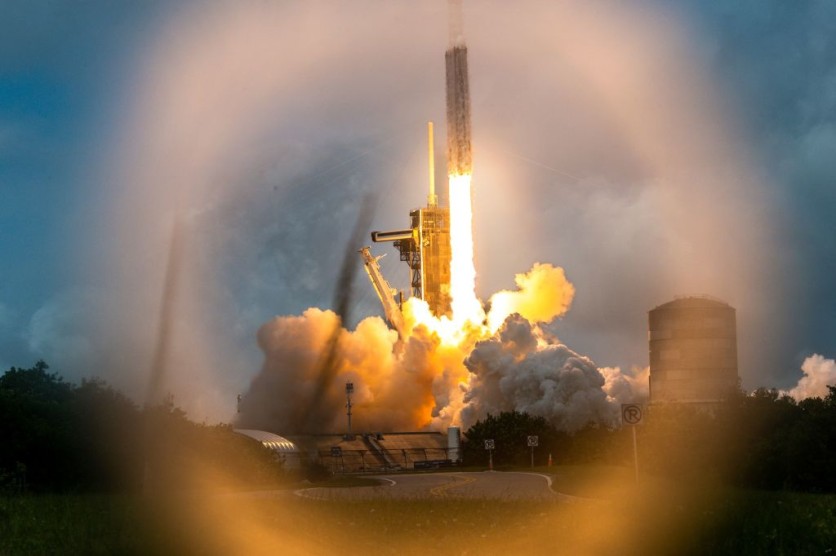SpaceX is gearing up for its upcoming private astronaut mission, Ax-3, which is set to launch from NASA's Kennedy Space Center on January 17.
This mission marks the third private astronaut venture to the International Space Station (ISS) and signifies another stride in commercial space exploration.

All About the Ax-3 Crew of SpaceX
The Ax-3 crew, consisting of Commander Michael López-Alegría, Pilot Walter Villadei of Italy, Mission Specialist Alper Gezeravcı of Turkey, and ESA (European Space Agency) project astronaut Marcus Wandt of Sweden, is scheduled to liftoff aboard the SpaceX Dragon spacecraft at 5:11 p.m. EST, with docking at the ISS slated for 5:15 a.m. on January 19, according to NASA's recent blog post.
Their mission encompasses approximately two weeks of conducting scientific experiments and research in microgravity before their return. The four private astronauts are readying for launch to the ISS this week.
Ahead of Ax-3's arrival, NASA Flight Engineer Loral O'Hara dedicated her day to preparing the space station for the arrival of new visitors. O'Hara inspected the airflow in crew quarters, prepared sleep accommodations, and ensured the cleanliness of liners and vents where the private astronauts would sleep during their stay.
ESA Commander Andreas Mogensen also focused on Ax-3 preparations, completing training for Dragon rendezvous and docking. He also set up ECHO, equipped with motorized probes, for ground teams to perform remote maintenance activities, enhancing the efficiency of mission operations, according to NASA.
While O'Hara and Mogensen prepped for the Ax-3 crew's arrival, NASA said the other ISS crew members were engaged in space botany and biology tasks.
NASA Flight Engineer Jasmin Moghbeli worked with Plant Habitat-06, thinning wild-type tomato seedlings and installing the Plant Water Management 5 hardware.
These experiments contribute to ongoing research in space botany and biology, exploring plant growth and water management in the unique environment of the ISS.
JAXA Flight Engineer Satoshi Furukawa played a crucial role in the Space Organogenesis investigation, extracting culture units from the microscope to observe the growth of organ buds from 3D-printed human stem cells.
Furukawa also collected water samples from the station's dispenser for in-flight analysis, contributing to ongoing studies on water quality in microgravity.
The Roscosmos Trio
The Roscosmos trio, consisting of Flight Engineers Oleg Kononenko, Nikolai Chub, and Konstantin Borisov, dedicated their efforts to maintenance tasks.
Kononenko replaced hardware within the Zvezda service module, while Chub focused on exchanging the thermal control system pump panel in the Zarya module.
In addition, Chub conducted experiments exploring liquid phases in microgravity, and Borisov oversaw the management of water samples and conducted maintenance on the space station's vacuum cleaner.
Related Article : International Space Station Reaches 25 Years in Orbit; NASA Celebrates Anniversary With ISS Crew

ⓒ 2025 TECHTIMES.com All rights reserved. Do not reproduce without permission.




